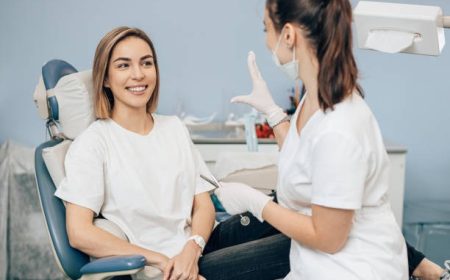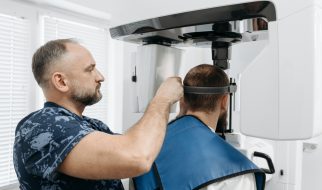Routine exams, including puppies and kittens, are essential for any pet’s health. These exams help pet owners provide the best care possible by detecting and treating health issues an early stage. From six to eight weeks old, these checks promote healthier, longer lives for our furry companions. This article will delve deeper into the optimal timing and benefits of such health checks.
Understanding the Need for Routine Exams
We start with understanding why routine examinations are essential for kittens and puppies. As pet owners, we provide food, shelter, and love to our four-legged companions, but there’s more to pet care. Keeping their health in optimal shape remains crucial; hence, the need for regular check-ups. From ensuring the adequacy of essential pet nutrients to checking for potential health problems, routine examinations serve many purposes.
When to Start Routine Exams for Puppies and Kittens
This is a question many pet parents often ask: When is the right time to start routine examinations for puppies and kittens? The ideal time would be when they are around six to eight weeks old. This is the time when your kitten or puppy would need their first set of vaccinations. Moreover, routine physical examinations around this age help detect early health issues that could impact the pet’s development and well-being.
Pet Routine Exams
During these routine checks, several vital checks are performed. For example, kittens and puppies are weighed, their body condition evaluated, and eye and ear health assessed. Organ health, specifically heart and lung function, is also examined. Important pet healthcare advice related to diet, dental health, and parasite prevention is also provided. You can follow this link to gain an in-depth understanding of what these routine exams encompass.
Diseases and Conditions Routine Exams Help Prevent
Regular examination of puppies and kittens allows veterinarians to catch possible health issues before they become major problems and address them before they become fatel. Here’s a look at some of the diseases and conditions that these check-ups can help prevent:
- Heartworm Disease: A mosquito-borne disease, heartworms can be fatal for animals. They live in the heart and blood vessels, impeding blood flow and damaging organs. Regular screenings can catch this disease early, and preventive treatments can stop it from developing.
- Fleas and Ticks: These pests are more than just annoying; they can cause serious health issues like Lyme disease, anemia, and skin infections. Regular exams can help identify an infestation early, allowing for quicker treatment and preventive measures for the future.
- Internal Parasites: Several worms and other internal parasites can cause problems in dogs and cats. Routine examinations usually involve fecal tests to identify these parasitic infections so they can be treated immediately.
- Dental Problems: Teeth and gum problems are common in pets and can cause serious complications if not detected early. Regular dental screenings should be part of any routine examination.
- Vaccination-Preventable Diseases: The risk of illnesses such as rabies, parvovirus, calicivirus, and more can be reduced by staying up-to-date with vaccinations. Routine exams are the perfect time to administer these protections.
- Nutritional Deficiencies: Proper nutrition is crucial for the health and development of kittens and puppies. Regular exams allow vets to identify deficiencies and provide dietary advice.
- Genetic and Developmental Conditions: Some dogs and cats are prone to specific genetic or developmental conditions. Early identification with routine exams can improve a pet’s quality of life and in some cases, lifespan. Regular exams will help keep your pet healthy and prevent many diseases.
When issues are caught early, treatment is often more effective and less costly in the long run, making these check-ups incredibly important.
Pet Grooming Services
One aspect often overlooked is the importance of grooming puppies and kittens. Grooming isn’t just about keeping your pet looking good; it’s about their health, too. Regular grooming can help prevent skin conditions and infections, keep their fur free of mats, and monitor any ticks or fleas. Many places, such as Broad Street Veterinary Hospital, provide excellent grooming services.
Pet Parasite Prevention
Part of maintaining good pet health involves active parasite prevention. Numerous parasites can impact your pet’s health, from fleas and ticks on their skin to worms in the digestive system. These could lead to significant infections, often preventable with early and proper intervention, including regular cat vaccinations.
Conclusion
Regular health checks for kittens and puppies, ideally starting from six to eight weeks old, provide a strong base for their future well-being. Routine examinations are invaluable in monitoring growth, assessing overall health, and detecting possible issues at early stages, allowing for more immediate interventions and treatments. The commitment to consistent health checks contributes immensely to the long-term health of your pets, ensuring they grow and develop properly. These checks can catch potential health problems early, result in efficient treatments, and help your furry friends lead healthier, happier lives.








